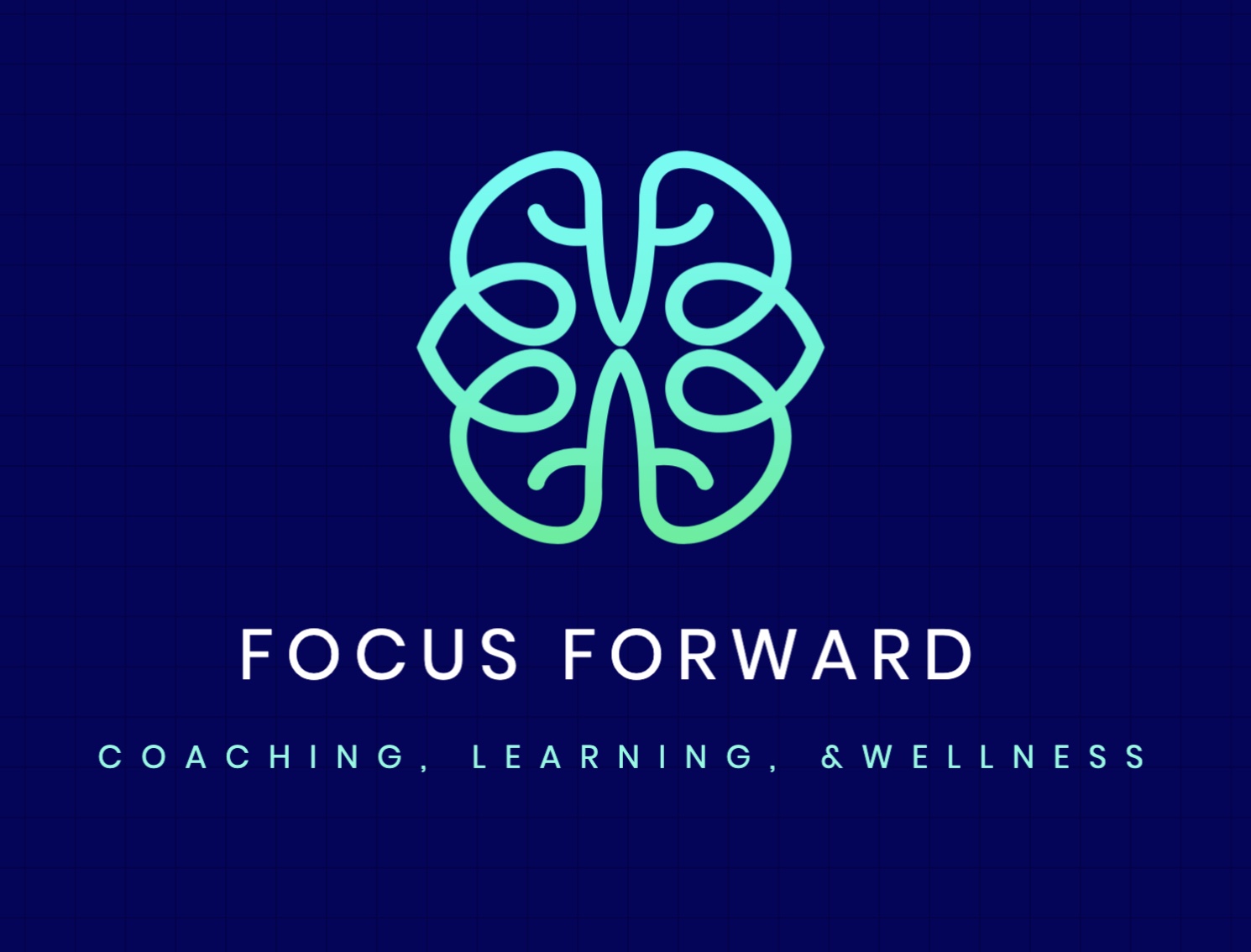Progress
Share
“I had ADHD when I was a kid, and I turned out fine.” “Everyone has ADHD nowadays.” “Labels just give kids excuses.” “My child just needs to figure it out.”
These are thoughts that many parents, educators, and professionals have shared over the years. The hesitation around testing is understandable—no one wants their child to be unfairly labeled, underestimated, or given unnecessary obstacles. At the same time, what if understanding the “why” behind a struggle didn’t mean making excuses, but instead unlocking solutions?
The truth is, understanding challenges isn’t about lowering expectations—it’s about creating the best possible path for success. That’s where neuropsychological and psychoeducational testing can make a difference.
Why Testing Matters
Imagine you’re navigating a dark room, stumbling over obstacles you can’t see. Now, imagine someone flips on the light. The obstacles didn’t disappear, but suddenly, you know where they are and how to move around them. That’s exactly what a thorough evaluation does—it illuminates challenges and strengths, offering a roadmap for success.
Testing can reveal: ✔ Cognitive strengths & weaknesses – How does a person process information? Where do they excel? ✔ Executive function skills – Are they struggling with planning, organization, or impulse control? ✔ Learning differences – Is there a gap between potential and performance? ✔ Emotional & behavioral factors – Is anxiety, ADHD, or another challenge making things harder?
With this knowledge, families, students, and professionals can shift from frustration to targeted strategies that actually work.
Addressing the Fear of Labels
It’s completely understandable to be wary of labels. No parent wants their child to feel defined by a diagnosis. But what if we reframed the idea? A label doesn’t create a struggle—it simply names it. If a child is experiencing daily frustration, avoiding homework, or melting down under pressure, those difficulties exist whether we acknowledge them or not. A label doesn’t change who they are, but it can help us understand their needs and provide meaningful support.
And let’s be honest—no one hesitates to use labels when it comes to being gifted, athletic, or musically talented. Why should it be different when discussing attention, learning, or emotional well-being?
Testing Isn’t Just for Kids
Executive function challenges don’t magically disappear in adulthood. Many bright, capable college students and professionals find themselves struggling with time management, procrastination, or burnout. Without a clear understanding of why they struggle, they often internalize their difficulties as personal failures rather than challenges that can be navigated with the right support.
Moving Forward with Knowledge, Not Fear
So, what if instead of fearing labels, we embraced understanding? What if we stopped saying, “They just need to try harder” and started saying, “Let’s figure out what will actually help”?
At Focus Forward Coaching, Learning & Wellness, I work with students, professionals, and families to turn insights from evaluations into real-world strategies. Whether testing confirms ADHD, a learning difference, or executive function challenges, the goal isn’t to dwell on the label—it’s to empower individuals with tools to move forward with confidence.
Because at the end of the day, knowledge isn’t an excuse. It’s the key to success.
Written by: Kristelle Kambanis
Founder of Focus Forward Coaching, Learning & Wellness
Related Posts
Coaching, Development, Education, Executive Function




